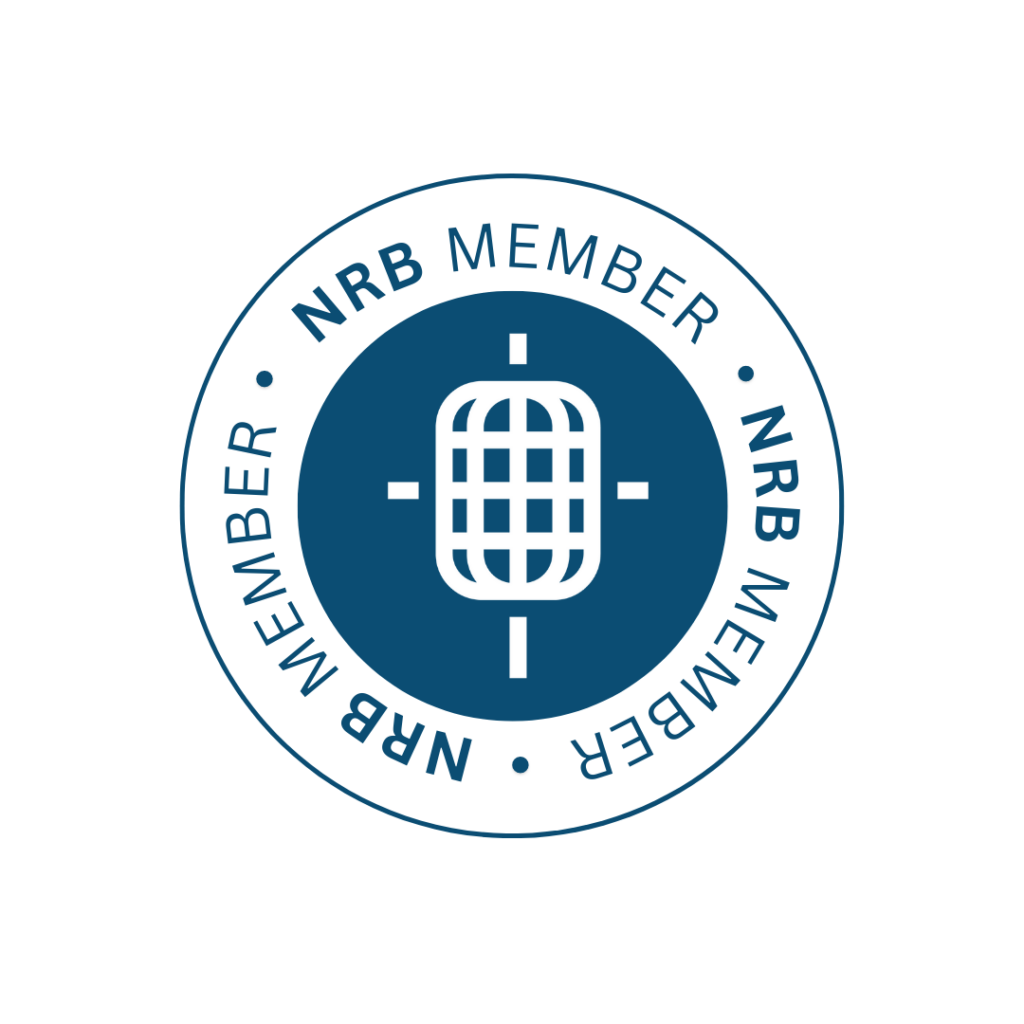LEADING WITH EMPATHY
Graham Shaw
CHIEF OPERATING OFFICER
In listening to nonprofit CEOs describe obstacles they’re facing, themes have primarily centered around staff turnover, overwhelming workloads, and personnel challenges—many occurring within donor development departments. The truth is, finding and keeping experienced development staff is a significant challenge.
As Chief Operating Officer, I’m always interested in learning more about fostering a positive work environment and organizational culture that helps employees thrive. That’s why I was concerned when I saw these survey results of development professionals reported by The Chronicle of Philanthropy:
- 94% say there is tremendous pressure to succeed in a fundraising role
- 92% say job vacancy in the fundraising department significantly increased workloads
- 82% say fundraising roles are underappreciated
I also read a Forbes article from Tracy Brower, PhD, titled “Empathy Is the Most Important Leadership Skill According to Research.” After surveying 889 employees, Tracy found that empathy contributes to positive outcomes:
Inovation:
61% of employees with empathetic leaders reported they were free to be innovative.
Engagement:
76% of people who experienced empathy from their leaders reported they were engaged more fully in their work.
Retention:
57% of white women and 62% of women of color said they were unlikely to think of leaving their companies when they felt their life circumstances were respected and valued.
Work-Life:
86% of people reported they can navigate the demands of their work and life—successfully juggling their personal and professional obligations—when people felt their leaders were more empathetic.
As we go through tough times, struggle with burnout, or find it challenging to experience happiness at work, empathy can make a measurable difference. In my role, I’ve seen the principles shared in this article to be true time and time again.
There will always be challenges in having the right people to shoulder the work, and many staffing challenges are out of our control. But within our control is the ability to lead our donor development and other staff with empathy. And empathy will produce positive outcomes, making the journey more enjoyable for everyone along the way.
Related articles
-

More Than Just Work
As a young Christian professional navigating the conundrum of aligning my beliefs into a purposeful career, I’ve been blessed to…
-

What to Think of Artificial Intelligence and Its Impact on Fundraising . . .
In trying to summon an image to represent our theme for this issue of Donor Focus, I found myself drawn…







